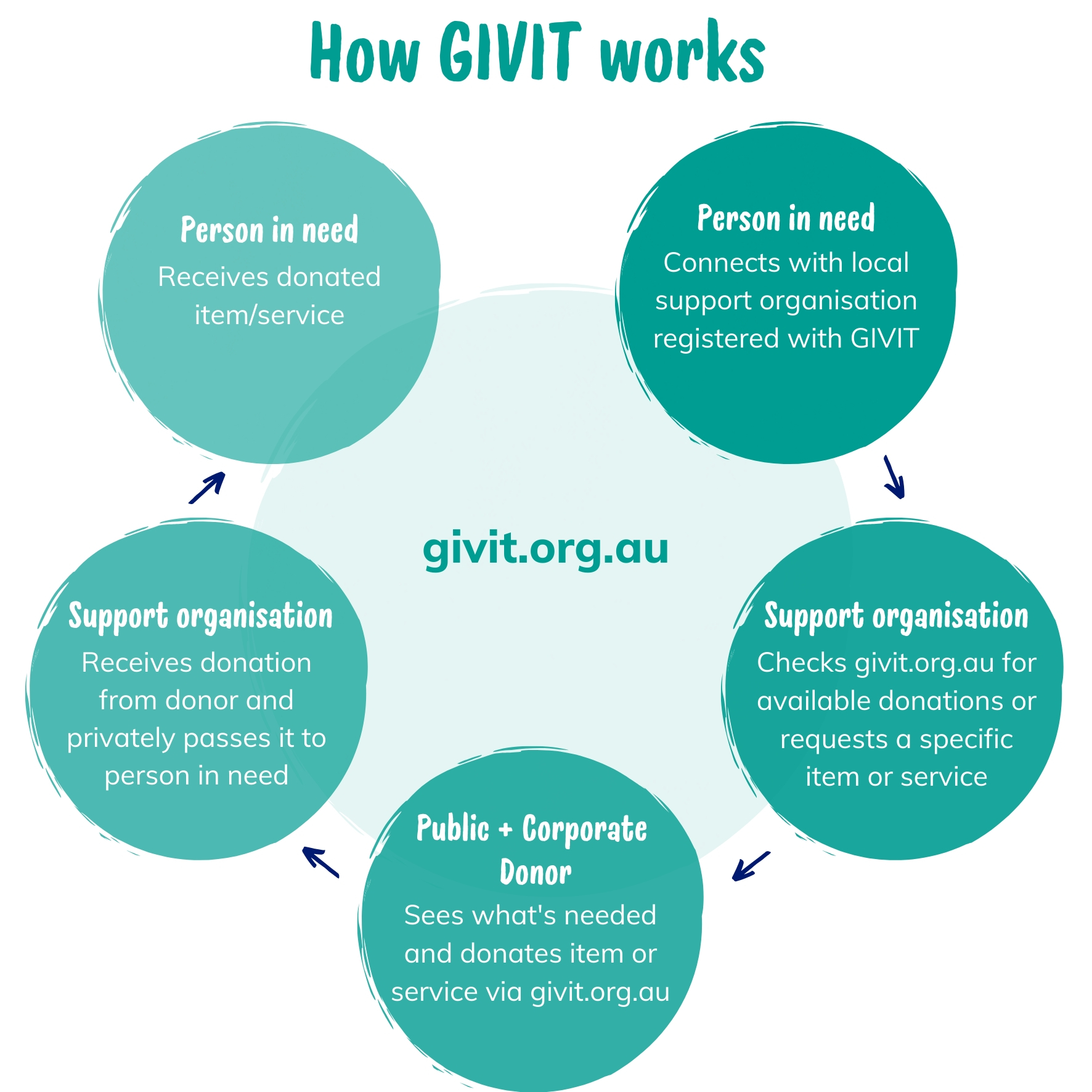Understanding Home Equity Line of Credit vs Equity Loan: Which Option is Right for You?
#### Home Equity Line of Credit vs Equity LoanWhen it comes to financing options for homeowners, two popular choices often come to the forefront: the Home E……
#### Home Equity Line of Credit vs Equity Loan
When it comes to financing options for homeowners, two popular choices often come to the forefront: the Home Equity Line of Credit (HELOC) and the Equity Loan. Both of these financial products allow homeowners to tap into the equity they have built up in their properties, but they work in fundamentally different ways. Understanding the differences between a Home Equity Line of Credit vs Equity Loan is crucial for making an informed decision that aligns with your financial goals.
#### What is a Home Equity Line of Credit?
A Home Equity Line of Credit (HELOC) is a revolving line of credit that allows homeowners to borrow against the equity in their home. It functions similarly to a credit card, where the borrower can access funds up to a certain limit and pay interest only on the amount borrowed. Typically, HELOCs have a draw period, often lasting 5 to 10 years, during which you can withdraw money as needed. After the draw period, the loan enters the repayment phase, which can last 10 to 20 years.
One of the main advantages of a HELOC is its flexibility. Homeowners can use the funds for various purposes—home improvements, debt consolidation, or even education expenses. Additionally, the interest rates on HELOCs are usually variable, which means they can change over time, potentially leading to lower initial payments compared to fixed-rate loans.

#### What is an Equity Loan?
An Equity Loan, also known as a Home Equity Loan or Second Mortgage, is a lump-sum loan that allows homeowners to borrow a specific amount of money against their home equity. Unlike a HELOC, an equity loan provides a fixed amount of money upfront, and borrowers begin making fixed monthly payments immediately. The interest rates on equity loans are typically fixed, providing stability in monthly payments.
Equity loans are ideal for homeowners who need a specific amount of money for a particular project, such as a major home renovation or purchasing a vehicle. Since the loan amount is fixed, budgeting becomes easier, as homeowners know exactly how much they will pay each month.
#### Key Differences Between HELOC and Equity Loan

1. **Structure of Borrowing**: The most significant difference lies in how the funds are accessed. A HELOC offers a revolving credit line, while an equity loan provides a one-time lump sum.
2. **Interest Rates**: HELOCs often have variable interest rates, which can fluctuate based on market conditions, while equity loans typically come with fixed interest rates.
3. **Repayment Terms**: With a HELOC, borrowers may only need to make interest payments during the draw period, whereas equity loans require fixed monthly payments from the start.
4. **Flexibility**: HELOCs offer more flexibility for ongoing expenses, while equity loans are better suited for one-time, large expenses.

#### Which Option is Right for You?
Choosing between a Home Equity Line of Credit vs Equity Loan depends on your financial situation and goals. If you need ongoing access to funds and prefer the flexibility of borrowing as needed, a HELOC might be the better choice. On the other hand, if you have a specific project in mind that requires a lump sum and you want predictable payments, an equity loan could be the way to go.
In conclusion, both a Home Equity Line of Credit and an Equity Loan can be valuable tools for homeowners looking to leverage their property’s equity. By understanding the differences between these two options, you can make a more informed choice that meets your financial needs and helps you achieve your goals. Always consider consulting with a financial advisor to assess your situation and determine the best course of action.